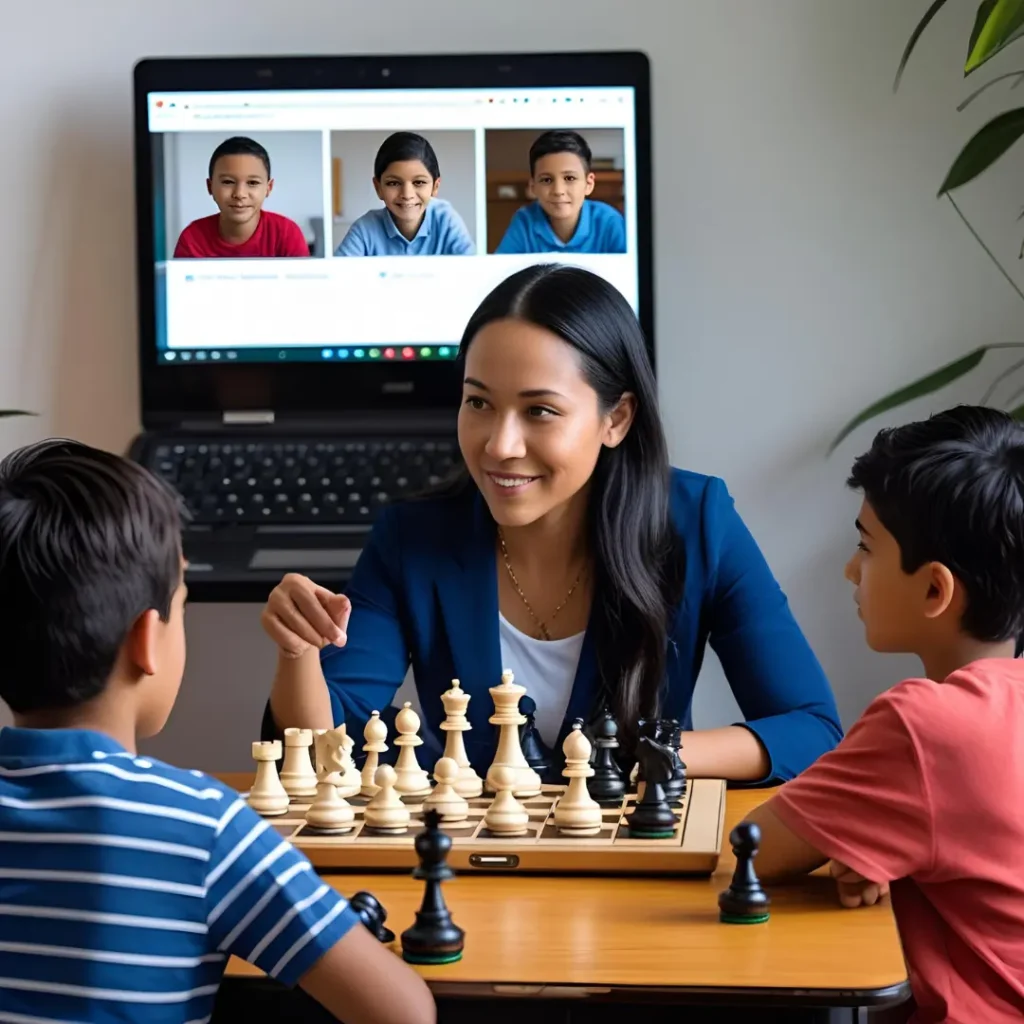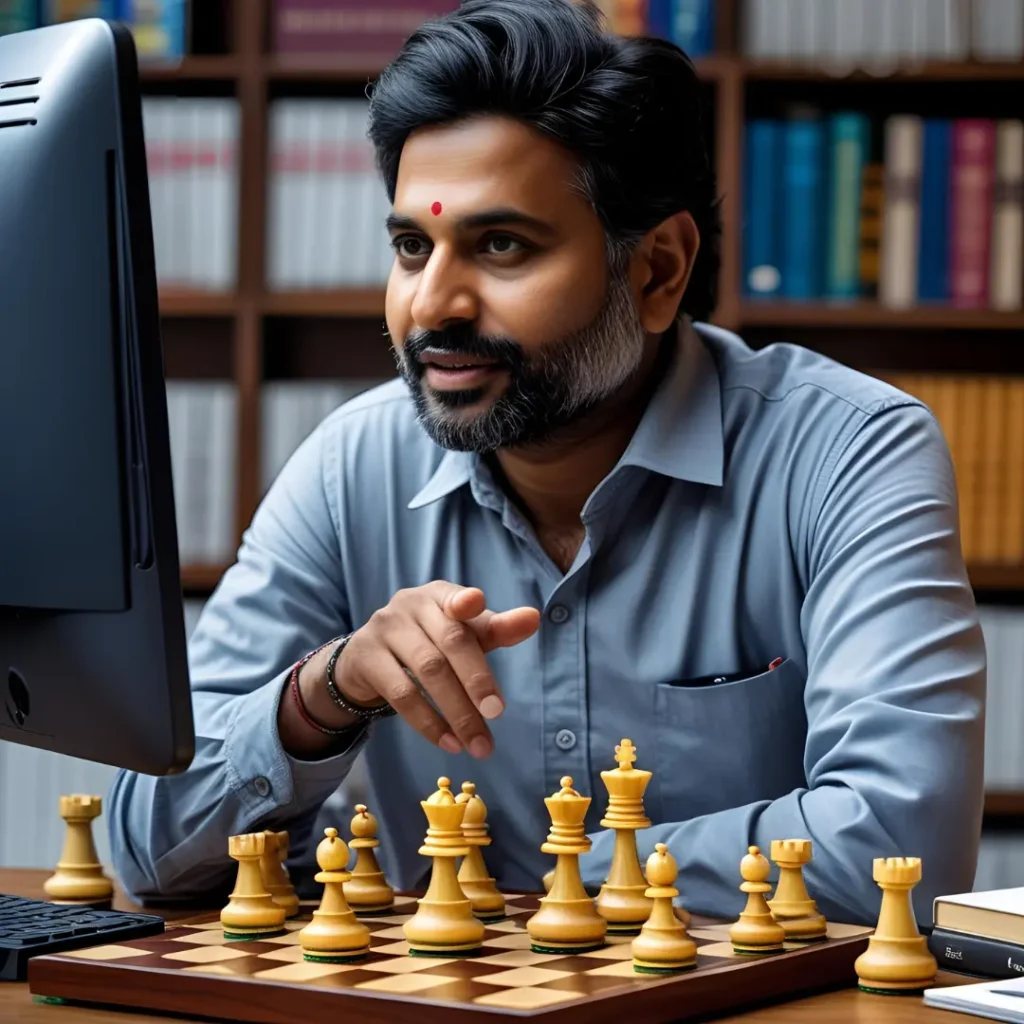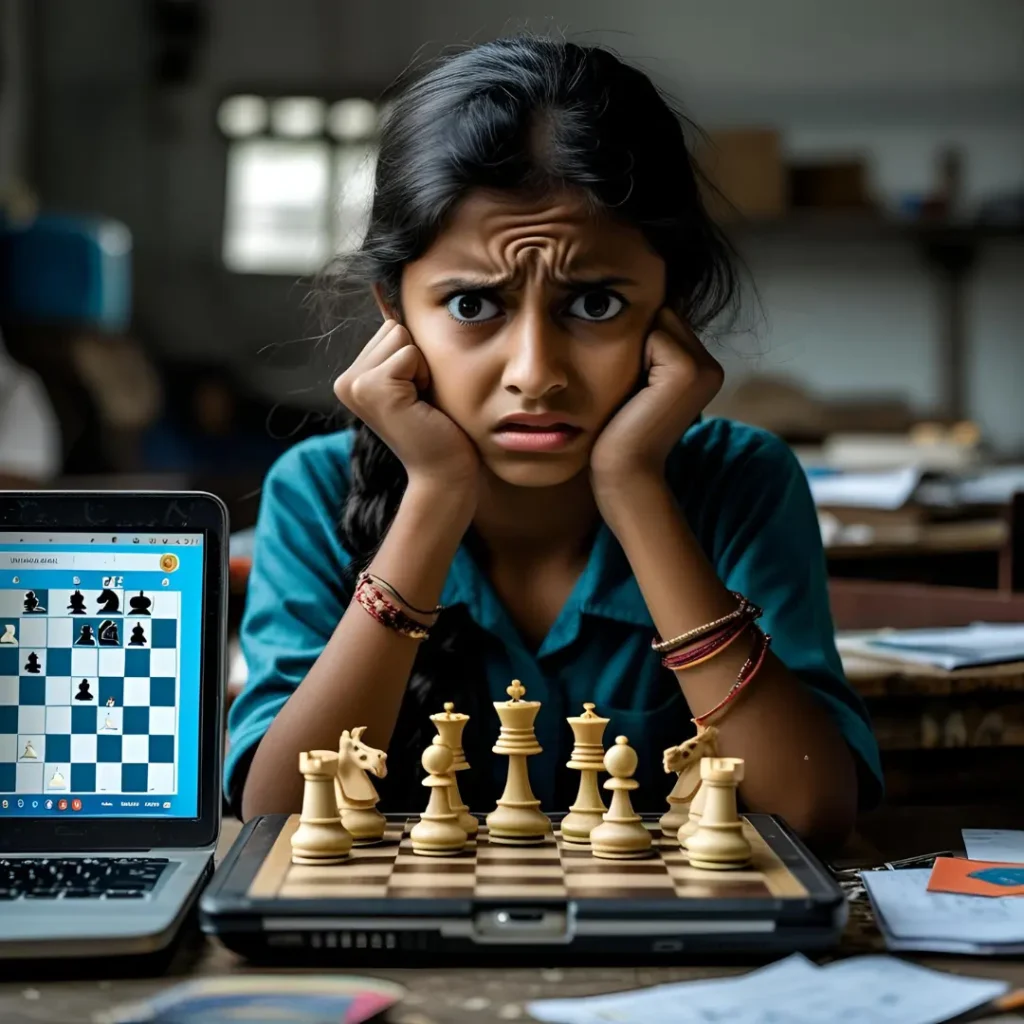
The Rise of Online Chess Academy in India: A Comprehensive Guide

Introduction to Online Chess Academy in India
Historical Roots of Chess in India
Originating in ancient India as Chaturanga, chess boasts a history that spans more than a thousand years. This strategic game is believed to have originated in India around the 6th century AD, where it was played on an 8×8 board. The cultural legacy of chess in India is profound, as it reflects the country’s intellectual traditions and strategic thinking.
As time progressed, traditional chess evolved into a digital sport, adapting to modern sensibilities and technological advancements. With the rise of online platforms, chess has become more accessible, enabling people from all walks of life to enjoy and participate in the game.
Key moments in the popularization of chess in India include the rise of grandmasters like Viswanathan Anand, who brought international attention to Indian chess. His achievements inspired a new generation of players and contributed to the establishment of chess as a respected sport in the country.
Rise of Virtual Chess Classes in India
Modern technology plays a crucial role in enabling students to learn chess online. Interactive tools, video tutorials, and live sessions provide a comprehensive learning experience that was previously unavailable in traditional settings.
The COVID-19 pandemic acted as a catalyst for this shift, as lockdowns forced many to seek alternative ways to engage with their interests. Chess saw a significant surge in online participation, with many players turning to virtual classes to improve their skills.
Purpose of This Guide
Growth of Top Online Chess Schools in India

Emergence of Virtual Chess Learning Platforms
Online chess coaching provides unique advantages over traditional in-person classes. Students can learn at their own pace, access a wealth of resources, and connect with coaches from around the world.
The impact of social media and streaming platforms like YouTube and Twitch has also contributed to the chess boom. These platforms allow players to share their games, strategies, and insights, fostering a vibrant online chess community.
Features Offered by the Best Chess Coaching Classes
Additionally, many platforms provide access to online tournaments, doubt-solving sessions, and community forums where learners can connect with peers and coaches. Certification, progress tracking, and leaderboards are also common features that motivate students to improve their skills.
Accessibility & Inclusivity of Virtual Chess Classes
Remote learners now have access to some of India’s best chess trainers, regardless of their geographical location. This inclusivity is helping to cultivate a diverse and talented pool of chess players across the country.
Why Learn Chess Online in India?

Flexibility and Convenience of Online Chess Coaching
The comfort of learning from home, combined with 24/7 access to content, allows learners to revisit lessons and practice whenever they choose. There’s no need to travel or relocate for world-class coaching, making it a practical option for many.
Enhanced Learning Experience at India’s Leading Online Chess Academies
AI-based analysis and one-on-one mentorship options further enhance the learning process, allowing students to receive personalized feedback on their games. Real-time matches and simulations provide practical experience, helping learners apply what they’ve studied.
Joining a Global Chess Community
Online chess learning connects players to a worldwide community of enthusiasts and experts. Players can engage with international opponents from the comfort of their living rooms, broadening their perspectives and strategies.
Access to global tournaments via online chess platforms allows learners to test their skills against a diverse range of players. Sharing insights and strategies with a worldwide audience enriches the learning experience and fosters a sense of camaraderie among chess enthusiasts.
Challenges Faced by Online Chess Coaching in India

Competitive Market for Top Online Chess Schools
Credibility and student results are crucial factors that potential learners consider when choosing a platform. Establishing a strong reputation is essential for online chess schools to thrive in this competitive landscape.
Technical Limitations in Learning Chess Online
The digital divide in rural areas poses a significant challenge, as not all students have equal access to technology. Solutions like app optimization, offline content, and tech support can help mitigate these issues and improve accessibility.
Student Retention and Motivation in Virtual Chess Classes
Making learning fun with puzzles, tournaments, and badges can enhance the overall experience. Additionally, personalized learning paths tailored to different age groups can help maintain interest and encourage continued participation.
Future of Online Chess Academy in India

Upcoming Trends in Virtual Chess Learning
Collaborations with schools for chess curriculum adoption are also expected to grow, making chess a more integral part of education. Hybrid learning models that combine physical and virtual classes may become increasingly popular, offering the best of both worlds.
Growing the Chess Community through Online Platforms
Partnering with educational institutions and NGOs can also expand the reach of chess education, making it accessible to more students across the country.
Government & Federation Support for Online Chess Education
Government schemes promoting digital learning are essential for the growth of online chess education. The role of the All India Chess Federation (AICF) and other bodies in supporting online coaching is crucial for establishing credibility and standards.
Policy changes that enhance accessibility and support for online chess education will be vital in ensuring that all students have the opportunity to learn and excel in chess.
Conclusion
As the chess community continues to grow, it is an exciting time for learners to explore and join a top online chess school in India. Whether you are a beginner or an experienced player, the world of online chess awaits you.




